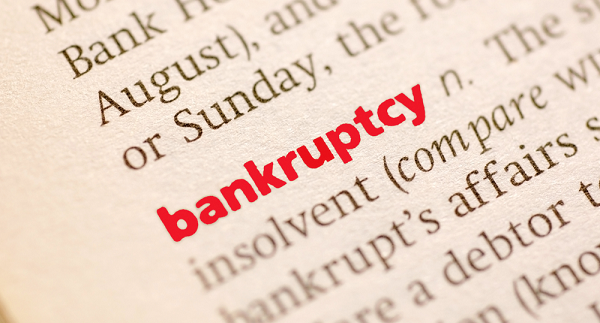Beneficial interest is a two edged sword, one side good, the other side potentially damaging.
So what is beneficial interest and how can it help or hurt me?
Beneficial interest is an economic interest in something, usually a property, and that interest has been established by contributing or some form of “trust” has been created. An example may be that you and your partner reside together in your partner’s house. They bought the property and the mortgage is in just their name. However, you pay half the mortgage payment each month, or you pay or contribute to the maintenance or upkeep on the property.
If in the future the relationship breaks down and you split, you may have a beneficial interest in your ex-partner’s property, which means if there is equity in the property, by contributing to the cost of the property, you are entitled to a portion of that equity.
Establishing beneficial interest can be a very complex thing to do, and may require detailed documentation in some instances. In other instances, such as where a couple have been together for 20 years or so, that interest may be implied or given, so less documentation is required.
That is the positive side of beneficial interest, depending how you look at it. If a relationship breaks down, there is recourse for the party who may have contributed to a property, but it not listed as its owner.
The other side of beneficial interest is what may occur if someone goes bankrupt.
In the context of bankruptcy, beneficial interest would be if someone goes bankrupt and has no assets or property, but their spouse or partner does have a property that the person going bankrupt resides in. If the person going bankrupt has in some way contributed to the property, they may have a beneficial interest in that property, even though their name may not be on the mortgage (if there is one), or their name is not on the property with the land registry.
By having an interest in the property, the Official Receiver in the bankruptcy may want part of any equity in the property for the bankruptcy.
It is the proving that the person who is going bankrupt contributed in some way to the property that can be the tricky area.
It could be something direct such as paying or contributing to the mortgage payment, or paying for an addition to the property, or the upkeep or maintenance on the property.
It can also be something less obvious such as paying the council tax, or maybe the deposit for the property many years ago was provided by the person who is now considering bankruptcy.
So depending on your side of things, beneficial interest can be a good thing, or a possibly financially harmful.

